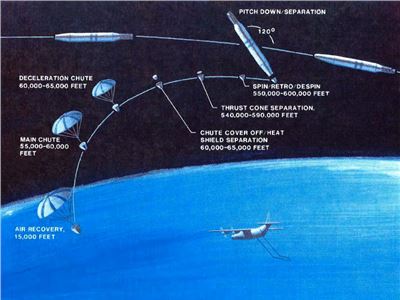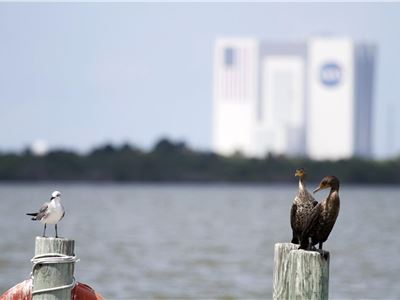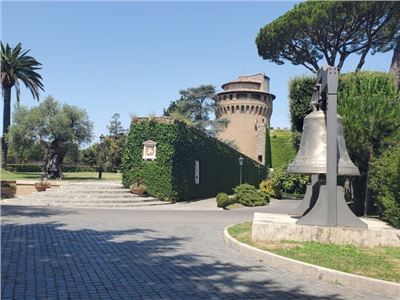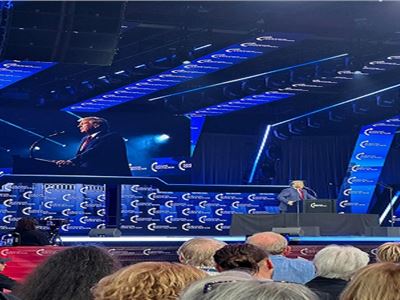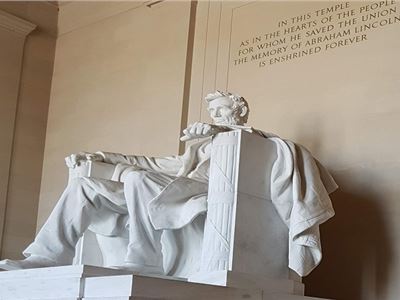Imagine hopping on the Tube in London on your way to work in the morning - and getting off near your office in New York City just three-quarters of an hour later.
If the designers of one revolutionary idea for the public transport of the future are right, that's just what we could be doing one day.
Evacuated Tube Transport (ETT) is an airless, frictionless form of transport which, its designers say, is safer, cheaper and quieter than trains or aeroplanes.
Using airless vacuum tubes, six-seat, 183kg passenger pods are designed to reach phenomenal speeds of up to 4,000mph (6,500kph), using far less energy than conventional transport methods.
That would allow passengers to travel from New York to Los Angeles in just 45 minutes, from New York to China in just two hours, or all the way round the world in six hours.
The designers behind ETT believe that their system can achieve fifty times more transportation per kWh that electric cars or trains by cutting out air or rolling resistance.
They envisage that it would work as a form of Personal Rapid Transit, and would accordingly be networked like motorways with car-sized capsules automatically routed like internet traffic.
And they claim that it would be cheap to build, at just a quarter the cost of motorways and a tenth of the cost of high-speed railway.
Remarkably, they also say that, despite the incredible speeds that ETT is designed to reach, passengers would only be subjected to minimal G forces, although the physics behind that claim are unclear.
The trade name Evacuated Tube Transport was coined by mechanical engineer Daryl Oster in the early Nineties and in 1997 he was given a patent for the technology.
Since then he has managed to build a consortium of licensees to help him develop the system.
However, despite bidding for several public infrastructure projects since then, most recently in Korea, the technology has not yet taken off.
By Damien Gayle




